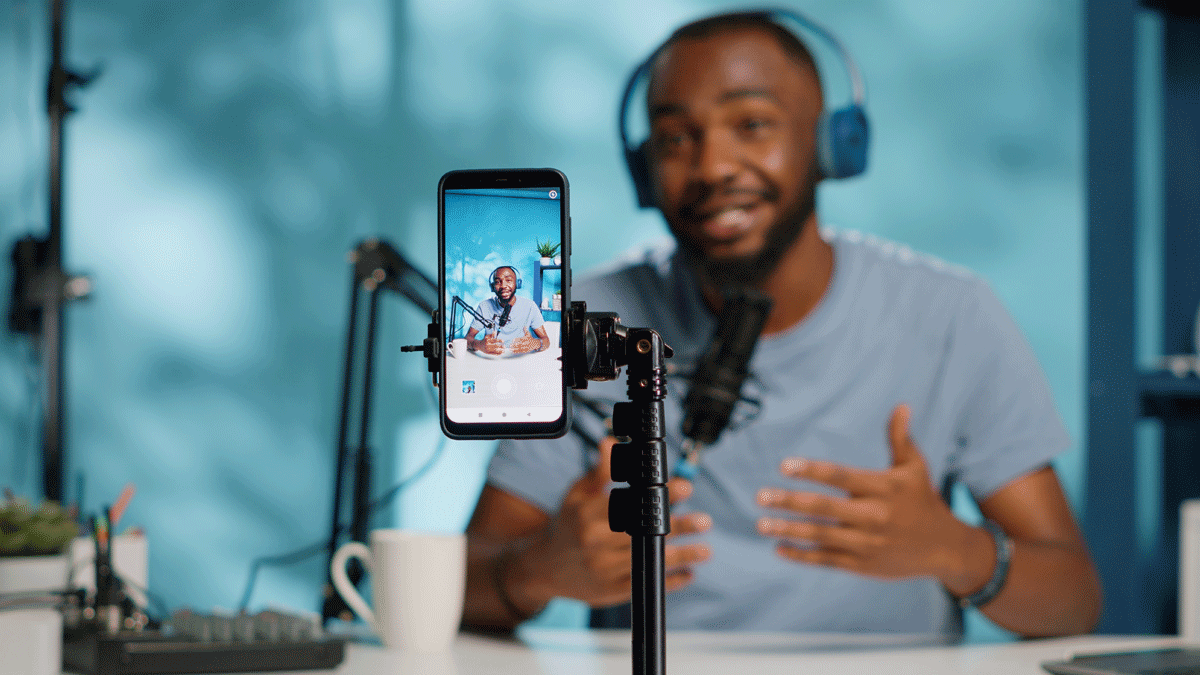Influencer Studies: An Emerging Field in Academia

Contact: Dante Jaramillo
STARKVILLE, Miss. — Influencer studies are emerging around the world as an innovative field in academia, reflecting the growing impact of social media on society and business. Universities are now offering programs that explore the intricacies of content creation, personal branding, and influencer marketing. This new discipline is contributing to the evolution of digital communication and its role on shaping consumer behavior.
As influencer studies gain traction, they are reshaping the landscape of higher education and career opportunities. Students are learning to analyze social media trends, create engaging content, and develop strategies for effective influencer marketing. This academic focus not only prepares students for careers in digital marketing but also provides insights into the broader implications of influencer culture on society and commerce.
The Rise of Influencer Studies in Higher Education
The growing demand for influencer-related skills has led to innovative programs in higher education. Universities are introducing these programs to meet the needs of students aspiring to careers in the creator economy. As the influencer market continues to expand, universities are recognizing the importance of preparing students for this industry.
The interdisciplinary nature of this field is evident in curriculum design, which often combines elements from marketing, psychology, and media studies. This approach aims to equip students with a comprehensive understanding of the complex dynamics at play in the influencer economy.
Universities are also partnering with industry professionals to enhance the practical aspects of their programs. For instance, some institutions invite successful content creators to share their experiences and insights with students. This collaboration between academia and industry professionals helps bridge the gap between theoretical knowledge and real-world application.
Marketing teams in higher education are also leveraging the impact of influencers by creating social media influencer initiatives to expand their reach. Earlier this year, the marketing team of Mississippi State’s Center for Distance Education began discussions on ways to improve community engagement for their online students and to increase user-generated content. Their team launched a trial initiative called the ‘MS State Online Virtual Influencer Program’ also known as ‘MS State Online VIP’, which offers current online students an opportunity to participate for a three-month term. The main purpose of this initiative is for students to play a vital role in amplifying the MS State Online community and share their unique experiences with current and prospective online students.
Key Areas of Study in Influencer Programs
Foundational learning outcomes in influencer studies include personal branding and content creation. Students learn to develop a unique online presence that resonates with their target audience by critically assessing their interests and values. This includes defining their niche, creating a consistent brand identity, and crafting engaging content across various social media platforms. Influencer studies can teach students how to extract and express their unique value proposition, which is essential for standing out in the crowded digital landscape.
Another crucial component of influencer studies is mastering social media strategy and analytics. Students gain in-depth knowledge about goal setting, metrics, tracking sales, engagement, and conversions of influencer campaigns. They learn to analyze social media trends, optimize content for different platforms, and use data-driven insights to refine strategies. This includes understanding the importance of engagement rates, reach, and audience demographics in evaluating an influencer's effectiveness.
Influencer studies programs also cover the business side of content creation, focusing on influencer marketing and brand partnerships. Topics include the art of brand collaborations, crafting effective pitches, and negotiating deals. Students explore the legal and ethical aspects of influencer marketing, including disclosure requirements and contract management.
Notable Universities Offering Influencer Studies
Cornell University has taken steps to incorporate influencer studies into its curriculum. The school offers a Social Media Marketing Certificate program through its SC Johnson College of Business. According to their website, this program helps students develop a strategic approach to executing digital marketing tactics using social media platforms. It covers topics such as designing social marketing strategies, creating brand-centered content, and structuring influencer campaigns.
Mississippi States' College of Professional and Continuing Studies offers an influencer online course as part of their Continuing Education catalogue. 'The Kosir Code: Master the Art of Influence' course is designed to teach about building a powerful personal brand, learning how to connect with an audience, and creating engaging content that stands out—without sacrificing authenticity. The course includes dynamic exercises, real-world examples and insider tips to guide students in becoming masters of influence in today's digital world.
Impact of Influencer Studies on Career Prospects
Influencer studies programs equip students with the skills needed to thrive in the rapidly growing creator economy. According to an article by The Hollywood Reporter, this field is valued at an estimated $250 billion and projected to double in the coming years. More than half of Gen Z aspires to become influencers, and 54 percent of Americans ages 18 to 60 have stated they would quit their jobs if they could make a living as full-time influencers. Universities are responding to this demand by offering courses and programs that cover various aspects of content creation, social media marketing, and personal branding.
These programs also help students develop a range of transferable skills that are valuable across various industries, including time management, written and oral communication, problem-solving, and project management. In recent years, these soft skills have risen in demand and viewed equally as hard skills.
Shaping the Future Workforce with Influencer Studies
The emergence of influencer studies as an academic field highlights the growing importance of social media in shaping our society and business landscape. This new discipline significantly impacts our understanding of digital communication and its role in consumer behavior. The interdisciplinary nature of influencer studies prepares students for the challenges of the creator economy while developing transferable skills valuable in many sectors. By bridging the gap between academia and industry, these programs equip graduates with the knowledge and abilities to navigate the complexities of social networks and influence.
